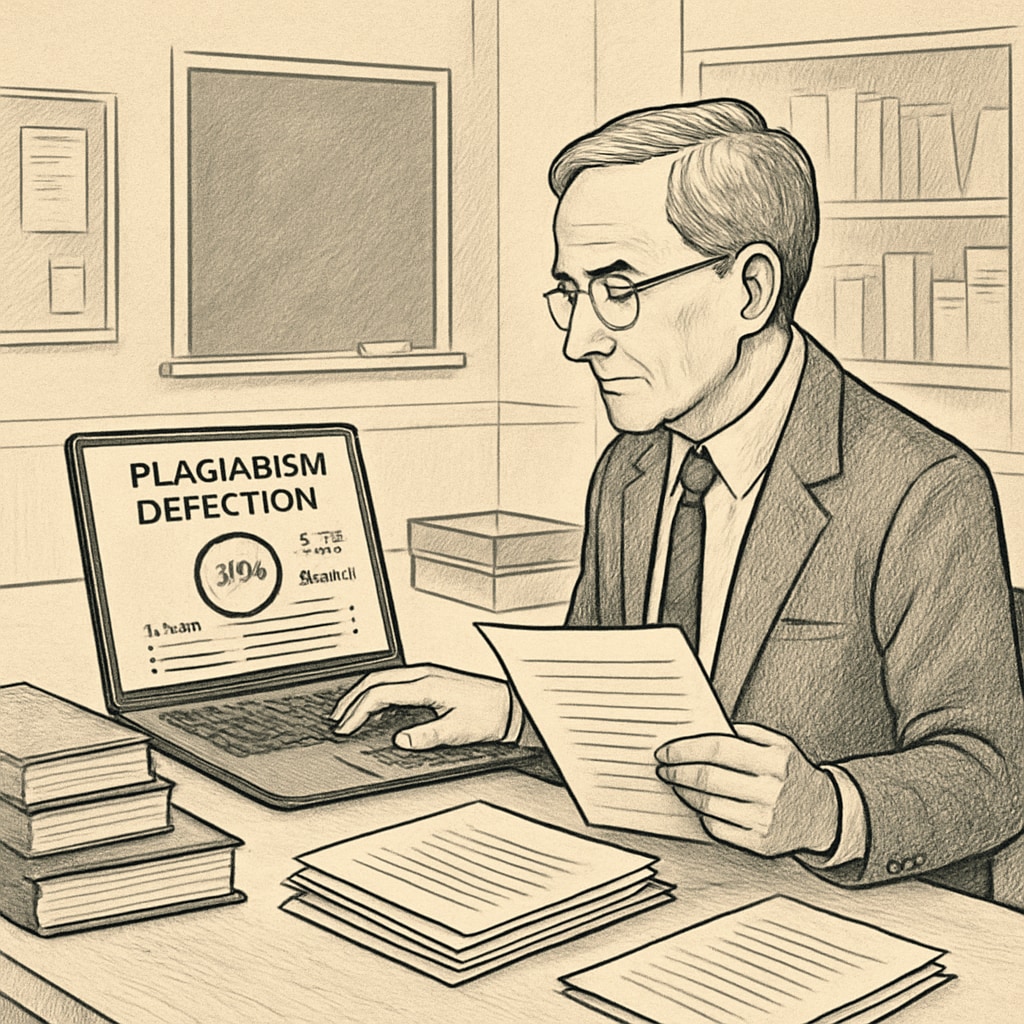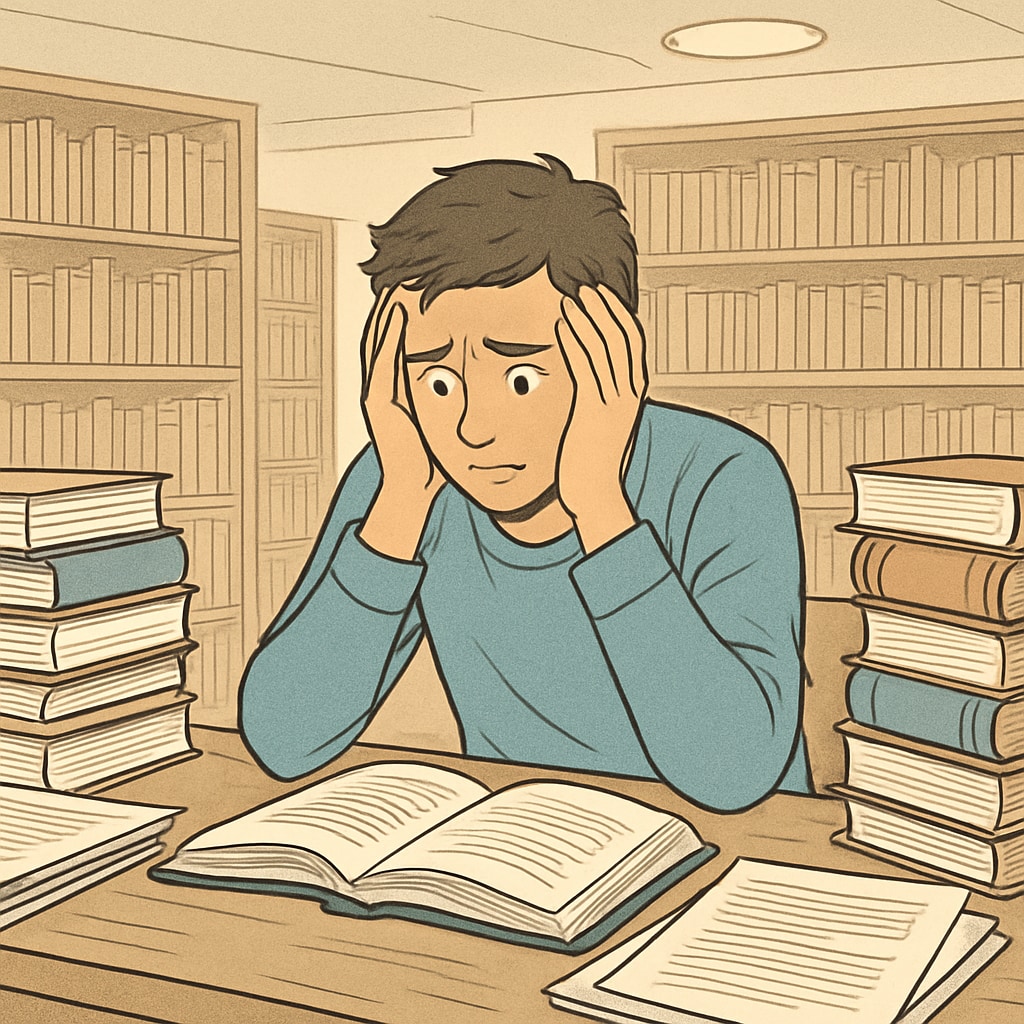Accusations of plagiarism by professors, whether accurate or false, are a serious matter that directly impacts academic integrity. When students are wrongly accused of plagiarism, it can lead to emotional distress, harm their academic reputation, and even jeopardize their future opportunities. This article examines why professors might make incorrect accusations of plagiarism, the consequences of such errors, and the steps institutions can take to minimize these incidents.
Common Causes Behind False Plagiarism Accusations
Professors may wrongly accuse students of plagiarism due to a variety of factors ranging from human error to systemic issues within academic institutions. Below are some of the most common causes:
- Lack of Familiarity with Emerging Tools: With the proliferation of AI writing tools and online resources, professors may misinterpret student work as unoriginal simply because it resembles content generated by such tools.
- Misuse of Plagiarism Detection Software: Turnitin and similar tools, while useful, are not infallible. False positives can occur if citations are flagged incorrectly or if common phrases are misinterpreted as copied content.
- Cognitive Bias: Professors may unintentionally target students they perceive as less capable or unfamiliar with citation practices, leading to biased assessments of originality.
- Time Pressure: Academic professionals often face tight grading deadlines, leaving less room for careful, individualized assessments of student submissions.

The Impact of False Accusations on Students
Being falsely accused of plagiarism can have far-reaching consequences for students, both emotionally and academically. These effects include:
- Emotional Stress and Anxiety: Students may experience feelings of humiliation, frustration, and helplessness after being accused of academic dishonesty.
- Damage to Academic Reputation: Even if cleared later, accusations can tarnish a student’s reputation among peers and faculty.
- Negative Influence on Future Opportunities: If the accusation is documented, it could impact applications for scholarships, internships, or postgraduate programs.
Furthermore, these incidents can erode trust between students and educators, ultimately undermining the collaborative environment essential for academic success.

How Institutions Can Address False Plagiarism Accusations
To uphold academic integrity and prevent false accusations, universities and colleges must implement robust measures. Here are some effective strategies:
- Training for Educators: Institutions should provide training sessions on proper use of plagiarism detection software and emerging technologies like AI writing assistants.
- Clear Guidelines on Citation Practices: Students and professors alike benefit from comprehensive guides on acceptable citation standards and what constitutes plagiarism.
- Establishing Review Committees: Academic misconduct allegations should be reviewed by impartial committees to ensure fairness and accuracy.
- Promoting Open Communication: Encouraging students to discuss concerns about originality with professors before submission can prevent misunderstandings.
By fostering an informed and transparent academic environment, institutions can significantly reduce the occurrence of false plagiarism accusations.
Readability guidance: Short paragraphs and lists improve readability; overuse of complex language is avoided for accessibility. Transitions such as “in addition” and “as a result” ensure smooth flow between sections.


